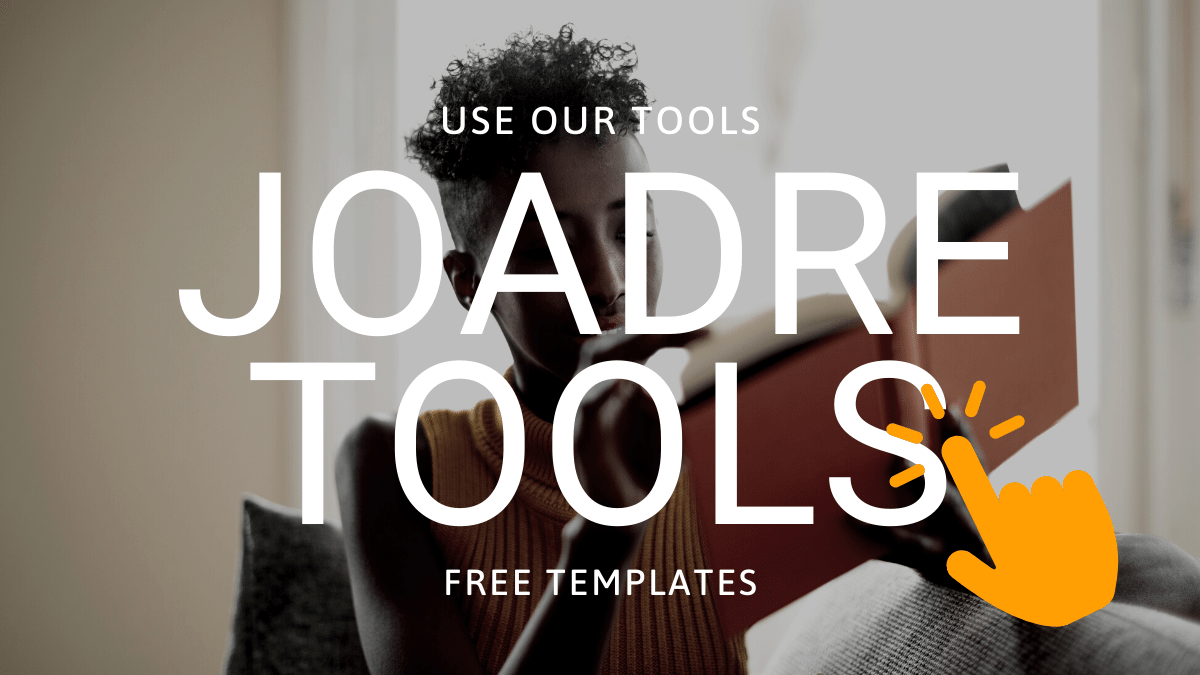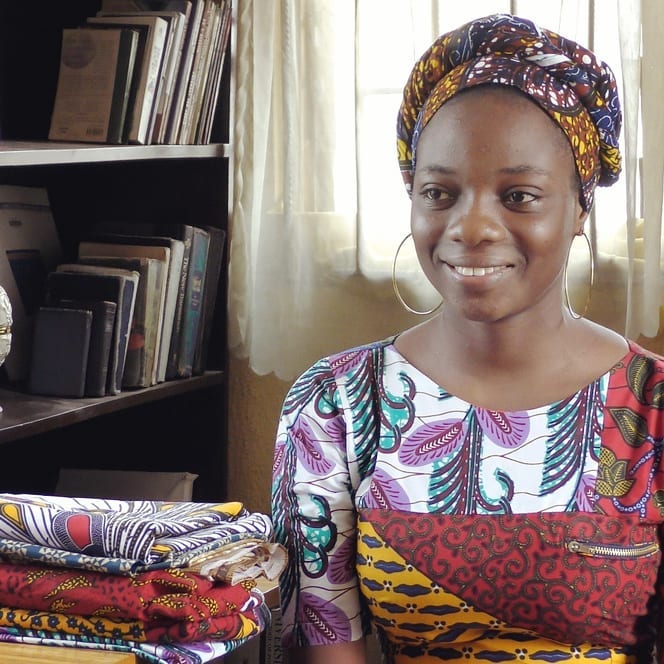On our platform, there are many products that are manufactured out of African batik, making customers ask us repeatedly what Batik is. Batik is an ancient but still modern form of dying textiles. Here is a mini-crash course to feed your curiosity. ‘Mbatik’ is Javanese and it means to write with Wax. Claimed to have been originally invented on the Indonesian island of Java, this traditional dyeing technique has conquered the globe and is now an integral part of the fashion world.
The batik technique is an old textile dyeing process, in which patterns are hand-made using special tools to draw out liquid wax on textiles. When the wax is cold, the fabric is dipped into a color vault. The wax-covered area remains unaffected by the dye and retains their original color. The process is repeated by the batik artist often as needed, and always in different color baths, making sure that the lighter color tones are dyed first. After the dye-bathing process is completed, the wax is removed, giving the textile a beautiful pattern. This basic technique is the same all over the world, even if the names of the tools, the techniques and the way of wearing the batik materials may differs.
In the middle of the 19th century, Dutch traders who visited Nigeria
Back then, then brought along with them the batik technique from India. Arriving at the coast of Lagos, where the Yoruba are situated, the indigene quickly adopted the technique to their own, blending the batik technique with their traditional dyeing methods. This was the birth of the African batik. Now you do not only have the classic batik wax printing techniques, you also have the Yorubas tie and dye techniques, where certain parts of the fabric is tied and deepened into dye to give random but unique patterns.
Indigo colors serve as colorants and instead of synthetic wax, manioc bushes are used, which makes the Yoruba indigo African batik process, popularised by the award winning artist Nike, an organic dying process without artificial chemicals.
Hey, thank you so much for stopping by and reading through to the end. I really appreciate it, because it takes so much to put this together. Hope you liked it. If you did, remember to share this blog on social media. Yes, more free training and videos on this topic will be out this month on YouTube. Not to miss out, subscribe and turn on the notification on Youtube. It would be nice if you follow me on instagram as I share daily strategies and personal fun stuff. I am on facebook as well but to get it all in one place, subscribe to my free newsletter. Drop your comments, questions, feedback beneath using the comment section and I will be happy to answer your questions in my next video or blog.
Look forward to hearing from you soon!
Cheers,
Joana
Useful links:
- Facebook: https://www.facebook.com/joadreofficial/
- Youtube: https://www.youtube.com/user/joadretv
- Instagram: https://www.instagram.com/iamjoadre/
- Joadre blog: https://joadre.com/blog/
- Joadre Newsletter: https://joadre.com/newsletter




